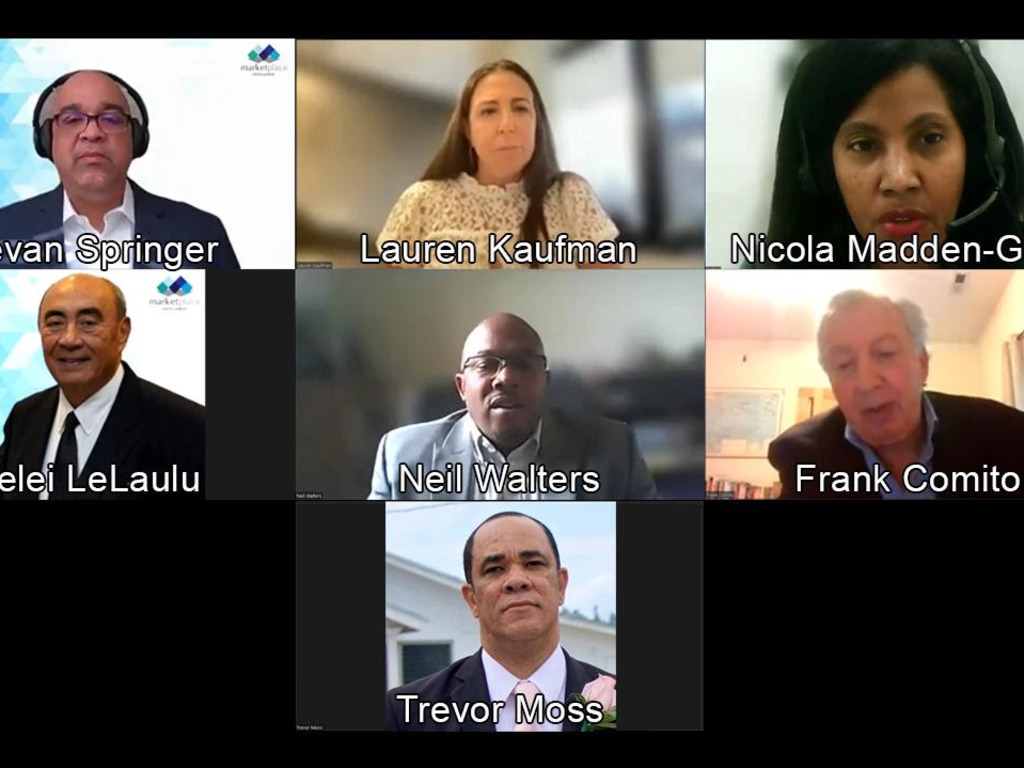Collaboration, Communication Are Key In A Crisis

A recent hosted by the Caribbean Tourism Organization (CTO) and the Caribbean Hotel and Tourism Association (CHTA) turned the spotlight on the pivotal role of effective, strategic crisis communications when responding to, and recovering from, natural and manmade disasters.
And the consensus was clear — collaboration across regional, national and community levels, paired with efficient, proactive communications, forms the backbone of successful crisis management and resilience in the tourism sector.
Neil Walters, Acting Secretary General of the intergovernmental CTO, noted that just three weeks into the 2023 Atlantic hurricane season the region had already witnessed three tropical storms, which forecasters signalled was an early and aggressive start to the hurricane season.
Walters told ministers, senior officials and private sector leaders participating in the webinar that: “Communication plays a vital role in managing crises, as it shapes perceptions, builds trust, and ensures that accurate and timely information reaches both internal and external audiences during times of crisis … (which) can mean the difference between chaos and order, despair and hope.”
He also highlighted the importance of the CTO and CHTA collaboration, in working together to ensure the safety and well-being of visitors, industry professionals, and local communities.
Referring to the COVID-19 pandemic as “the world’s most devastating health crisis in over 100 years,” Nicola Madden-Greig, Director of marketing and sales for The Courtleigh Hospitality Group in Jamaica, and President of CHTA, which represents the private sector, made it clear that partnership between the CTO and CHTA on disaster preparedness has been pivotal to navigate the various challenges that confront the Caribbean tourism sector.
She pointed out the contributions of various partner organizations and surmised that maintaining the legacy of resilience and success as a region and destinations was tied to “working together at the regional, national and community levels.”
Said Madden-Greig: “Effective collaboration must be accompanied by effective communications, and in the age of multiple channels of communications, and when any of us with a cell phone and internet access can quickly report, accurately or not, on the status of a crisis, it is essential that we continue to build and implement sound communication plans to ensure that what is actually happening on the ground is reported in the most accurate way.”
The virtual tourism forum, which focused on Crisis Communications and Best Practices for Hazards Response and Recovery, was the second in a series, jointly organized by the CTO and CHTA, as part of efforts to support disaster preparedness, sensitization and capacity building for the tourism sector.
Go to www.OneCaribbean.org for more.


